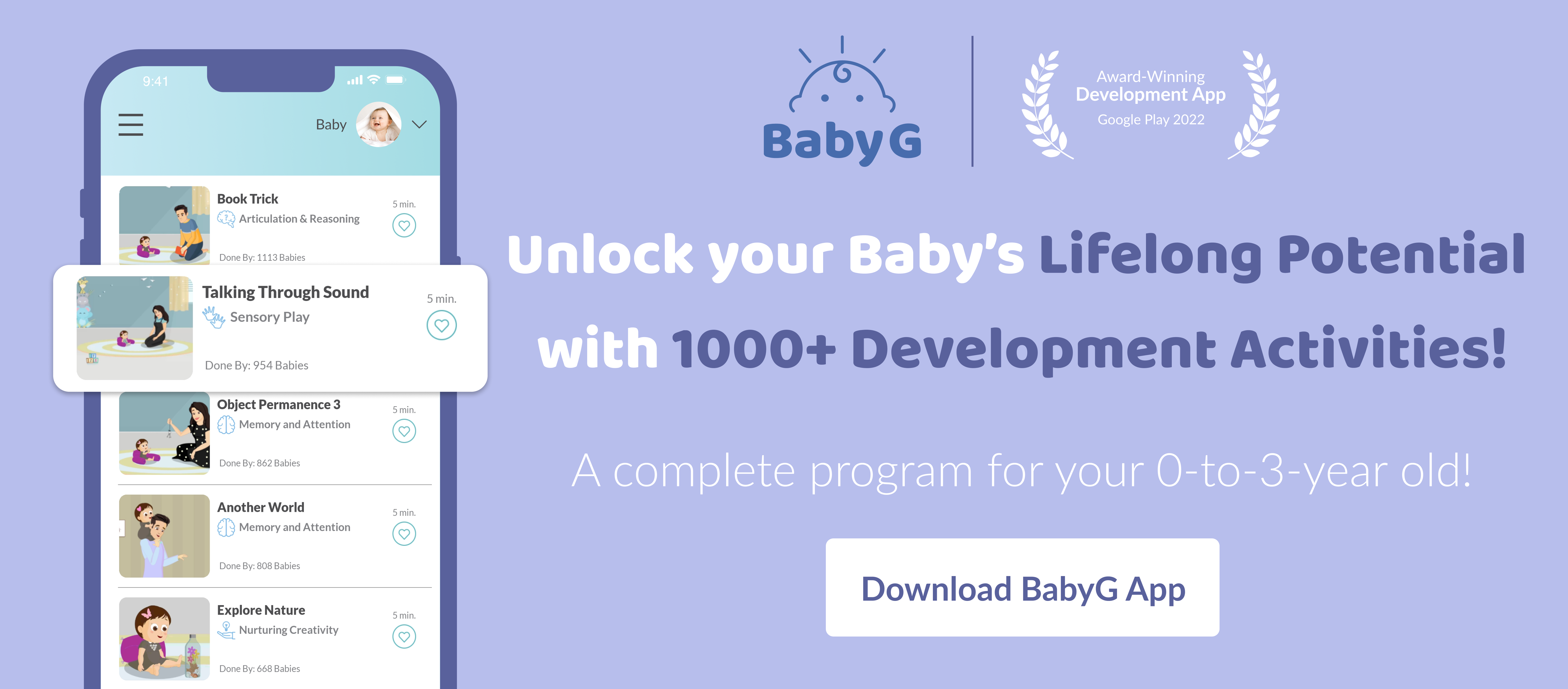
Noticing your little one crying in their sleep can feel quite disconcerting. We understand your concern. However, usually it is not something to be very worried about and is a pretty common occurrence in babies. In fact, about 30% of parents struggle with the sleep patterns and habits of their little ones in their early years. There are various reasons as to why these interruptions in sleep occur, especially when babies hit the 4 month mark. However, by being informed and knowing why this happens can greatly help parents. Without further ado, here is everything you need to know about why your 4 month old is crying in his sleep.
Reasons For 4 Months Baby Cry in His Sleep
At 4 months, babies experience a shift in their growth patterns, and due to this change, they go through something called a “4 month sleep regression”. This is when babies typically go through a change in their sleeping patterns due to their developmental changes. Babies learn to roll over and grow to become more aware of their surroundings at this stage. All these changes may psychologically affect the little one, and this may cause the little one to have interrupted sleep and feel tired. Here are a few more reasons why your 4 month old may cry in their sleep:
1. Your baby is Exhausted
At 4 months, babies go through major developmental changes and this can get tiring for them. Both physically and mentally. This is why they may feel more weary and exhausted, resulting in them crying in their sleep. This is just temporary uneasiness they are going through, and this disruption in sleep does not usually continue for long. Your little one is just a little tired!
2. Your baby is Overstimulated
An overstimulated baby may lose sleep quite often, leading to fatigue. This could be attributed to the higher cortisol levels produced in the baby due to overexertion right before sleep. Other elements like bright lights, sudden noises, or temperature changes can lead to disruptions in sleep and crying in babies.
3. Your baby is Hungry or Uncomfortable
If it's not some psychological reason, your little one may just be hungry. They may be crying in order to indicate the same. Crying may occur more in the 4th month as they may have a more haywire sleeping and eating schedule, and ensuring that their cravings are satisfied may get tricky. If they are well-fed, they may cry due to gassiness or other digestive problems. If the problem persists for long periods, visit your local pediatrician for more information on the same.
4. Your baby is Teething
Teething starts at around the 4 months mark. It starts from anywhere between 4 to 10 months. Your little one may experience some discomfort in their gums due to teething, causing them to cry in their sleep.
5. Your baby may be Ill
Your baby might feel unwell, causing them to cry in their sleep as well. Health concerns are often a leading reason of uncomfort and disturbed sleeping patterns.
What Should I Do If My 4 Months Baby Cry in Sleep?
Sometimes, your baby crying in their sleep may only mean that they are just going through their normal sleep cycles and may quiet back down after a while. It's best to maintain a quiet and calm atmosphere for them to naturally fall back into deeper sleep. However, if the crying persists for longer, here are a few things you can do:
a. Love and Comfort
Your little one may be crying because they are uncomfortable, overstimulated, or overall distressed. You can hold the baby close and walk around for about 5 minutes to help calm them down. You may also sit and hold them before caressing them back to sleep. This is a scientifically proven way that might be pretty useful the next time you're woken up by your little one's cries.
b. Ambience Check
Your baby may be uncomfortable due to lights, sounds, or temperature. Here's a checklist for the same:
- Ensure that the room isnt too hot or cold
- Try to keep the lights as dim as possible to let your little one know that it is bedtime
- Try to ensure there are no sounds or disturbances that prventign your little one from having their deep sleep.
c. Curb Hunger
If you are actively tracking your baby's feeds, you will be well aware of your baby's feeding schedules. Check to see if your little one is hungry; you may notice them drooling, putting their hand in their mouth, sucking their thumb, or rooting when held close to your breast. Feed them until they are full, and lull them back to sleep.
d. Healthcare Providers Support
A great rule of thumb to keep your baby healthy and safe is to reach out to your pediatrician if your baby's crying persists for longer hours and does not stop. They will help you discern if your baby is sick, teething, or simply tired or uncomfortable.
As we always say, monitoring your baby's diaper changes, feedings as well as sleeping patterns through the BabyG app will help you rule out all the primary needs out of the way to find the reason for your 4-month-old baby crying in their sleep easier. Make sure to keep your calm and take a breather once in a while to ensure that you are getting some much-needed rest yourself too. Happy Parenting!






LEAVE A COMMENT